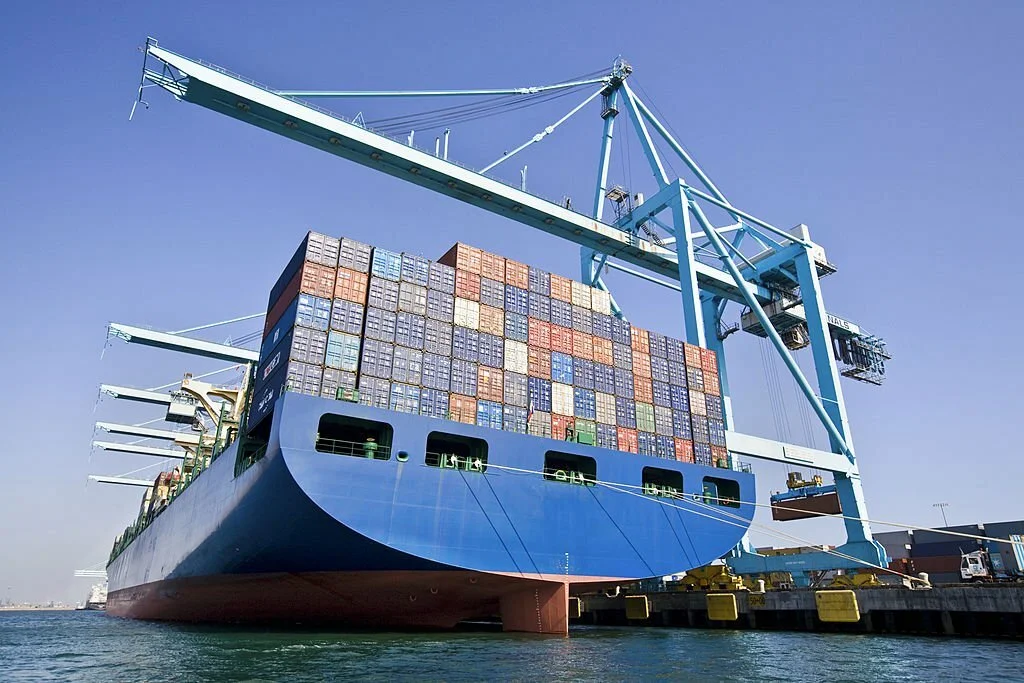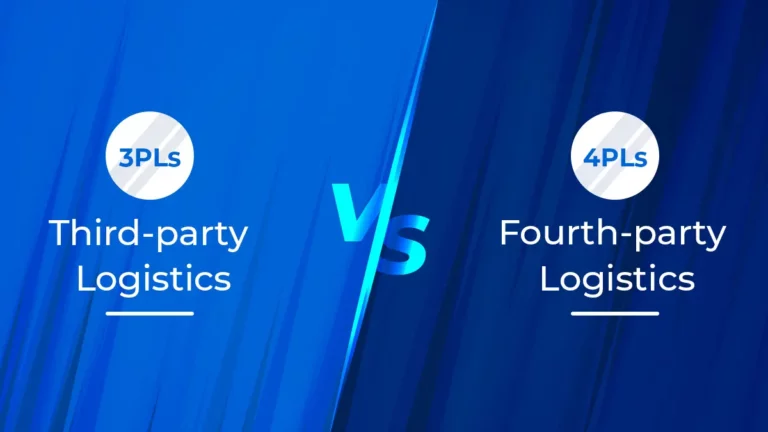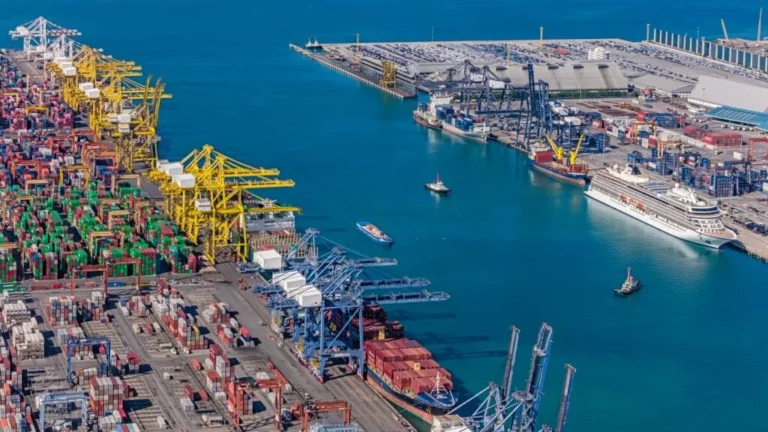What is CPT (Carriage Paid To)?
Definition:
CPT, or Carriage Paid To, is a significant international trade term that delineates the responsibilities, costs, and risks associated with the delivery of goods from the seller to the buyer. As part of the Incoterms (International Commercial Terms), CPT specifies that the seller is obligated to arrange and pay for the transportation of the goods to a named destination, which is typically in the buyer’s country. This term establishes a clear framework for international trade transactions, defining when the risk and responsibility shift from the seller to the buyer.
Significance:
Clarity in Trade Transactions: CPT provides a transparent and standardized set of rules for both sellers and buyers, ensuring that they understand their respective roles and obligations throughout the shipment process.
Risk Allocation: CPT terms clearly outline the point at which the risk transfers from the seller to the buyer, allowing both parties to anticipate and manage their exposure to potential loss or damage during transit.
Transportation Management: CPT allows buyers to have control over the transportation of goods to a specified destination, giving them flexibility in choosing carriers and managing logistics.
Importance:
Seller’s Responsibility: Under CPT terms, the seller is responsible for arranging and paying for the transportation of the goods to the named destination. This includes the costs associated with loading, transportation, and unloading.
Buyer’s Role: The buyer assumes responsibility for the goods upon their arrival at the designated destination. This encompasses tasks such as import clearance, payment of customs duties, and further transportation to the final destination.
Risk Transfer: The risk associated with the goods shifts from the seller to the buyer at the point of delivery to the carrier or another agreed-upon location, as specified in the contract.
Key Aspects of CPT:
Transportation and Delivery: CPT emphasizes that the seller is responsible for the transportation of the goods to the named destination. This includes all costs associated with the carriage of the goods.
Named Destination: CPT specifies a named destination, usually in the buyer’s country. The seller must deliver the goods to this location, ensuring that they are made available for the buyer to take possession.
Risk Transfer: The risk associated with the goods transfers from the seller to the buyer at the point of delivery to the carrier or another agreed-upon location. This is a crucial aspect.
Choice of Carrier: While the seller is responsible for arranging transportation, the buyer may have input into the choice of carrier and the mode of transport, allowing for flexibility in logistics.
Cost Allocation: CPT terms require the seller to bear the costs associated with carriage to the named destination. The buyer assumes responsibility for costs incurred after the goods have been delivered, such as import duties and further transportation.
Communication and Documentation: Effective communication and accurate documentation are essential in CPT transactions. The seller must provide necessary documentation for export and transportation, while the buyer must ensure that import documentation is in order.
Customs Clearance: CPT requires the buyer to handle customs clearance at the destination. This involves complying with local customs regulations, paying any duties or taxes, and obtaining clearance for the goods to enter the country.
Insurance: While CPT does not mandate insurance, it is advisable for both parties to consider insurance coverage to protect against loss or damage during transit. The terms of insurance, if chosen, should be agreed upon between the buyer and the seller.
In summary, CPT (Carriage Paid To) is an international trade term that provides a clear framework for the delivery of goods from the seller to the buyer. It highlights the seller’s responsibility for arranging and paying for transportation to a named destination, with the buyer taking over responsibility upon arrival at that location. CPT is significant for its transparency in defining roles and responsibilities, risk allocation, and the flexibility it offers buyers in managing transportation. Effective communication, accurate documentation, and risk management are key elements in successful CPT transactions, emphasizing the importance of understanding roles and responsibilities in global trade.






